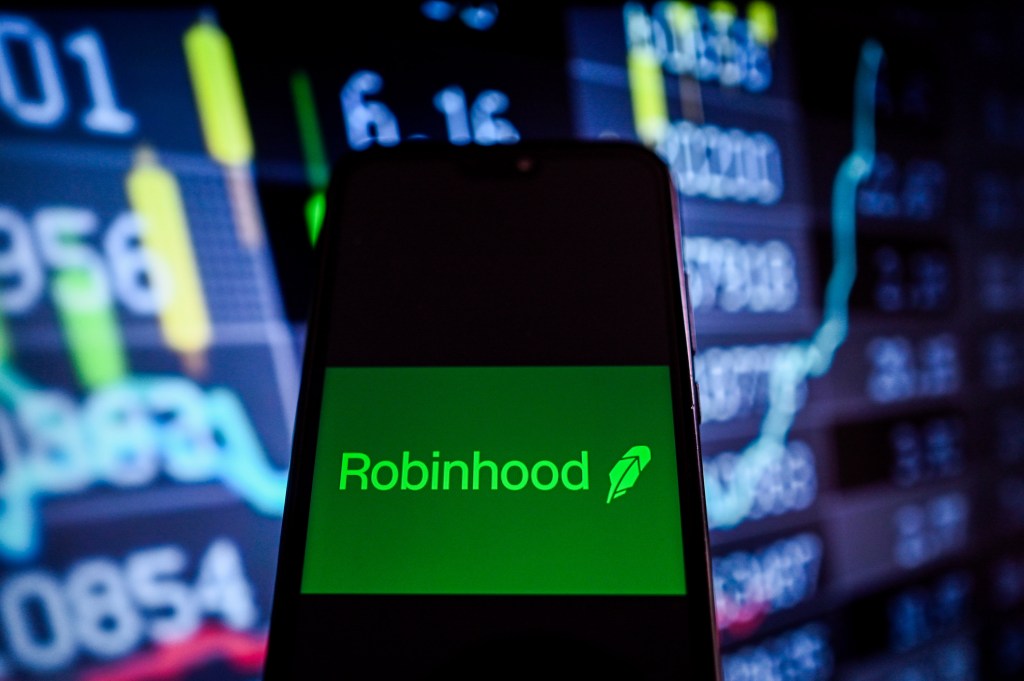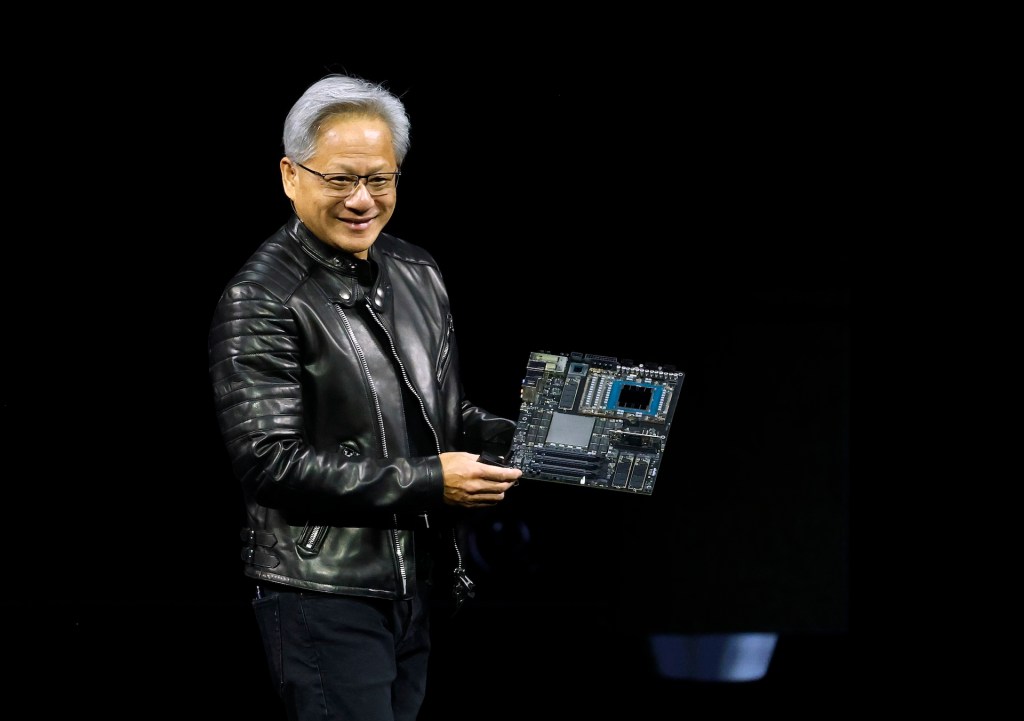Robinhood, the renowned commission-free trading platform, has recently submitted an application to the U.S. Securities and Exchange Commission (SEC) to introduce a publicly traded fund named Robinhood Ventures Fund I. This initiative is designed to grant retail investors the opportunity to invest in promising startups prior to their public listings.
Bridging the Investment Gap
Traditionally, the lucrative realm of early-stage startup investments has been predominantly accessible to accredited investors—individuals with substantial net worths capable of absorbing higher investment risks. These investors often engage through venture capital firms or specialized platforms. In contrast, retail investors have faced significant barriers, limiting their participation in this high-growth sector. Robinhood’s proposed fund seeks to dismantle these barriers, offering a more inclusive investment landscape.
Fund Details and Investment Focus
While the application is publicly available, specific details such as the number of shares to be issued and the management fees remain undisclosed. The fund intends to target investments across various sectors, including aerospace and defense, artificial intelligence, financial technology, robotics, and both consumer and enterprise software. This diversified approach aims to provide investors with exposure to multiple high-potential industries.
Learning from Past Initiatives
Robinhood’s previous attempt to democratize access to private company investments involved the launch of tokenized stocks in the European Union. These tokens were marketed as a means for retail investors to gain exposure to private companies like OpenAI. However, the initiative faced criticism when it was revealed that the tokens were merely pegged to the stock prices of these companies, without conferring actual ownership. OpenAI publicly disapproved of the product, leading to its eventual discontinuation.
A Traditional Approach with a Modern Twist
In contrast to the tokenized stocks, the Ventures Fund I adopts a more conventional closed-end mutual fund structure. This format is familiar to investors and offers a transparent mechanism for participating in private equity markets. By leveraging this traditional model, Robinhood aims to build trust and credibility among retail investors.
Implications for the Investment Community
The introduction of Robinhood’s Ventures Fund I could have significant implications for the investment community:
– Increased Accessibility: Retail investors would gain access to early-stage investment opportunities that were previously out of reach, potentially leading to a more democratized investment environment.
– Diversification: Investors can diversify their portfolios by including high-growth startups from various sectors, potentially enhancing returns and mitigating risks.
– Market Dynamics: The influx of retail capital into the startup ecosystem could influence valuations and funding dynamics, potentially leading to increased competition among venture capital firms.
Awaiting Further Developments
As Robinhood is currently in a quiet period, further details regarding the fund’s launch date, specific investment targets, and operational mechanics are yet to be disclosed. Investors and industry observers are keenly awaiting more information to assess the potential impact and viability of this innovative investment vehicle.



